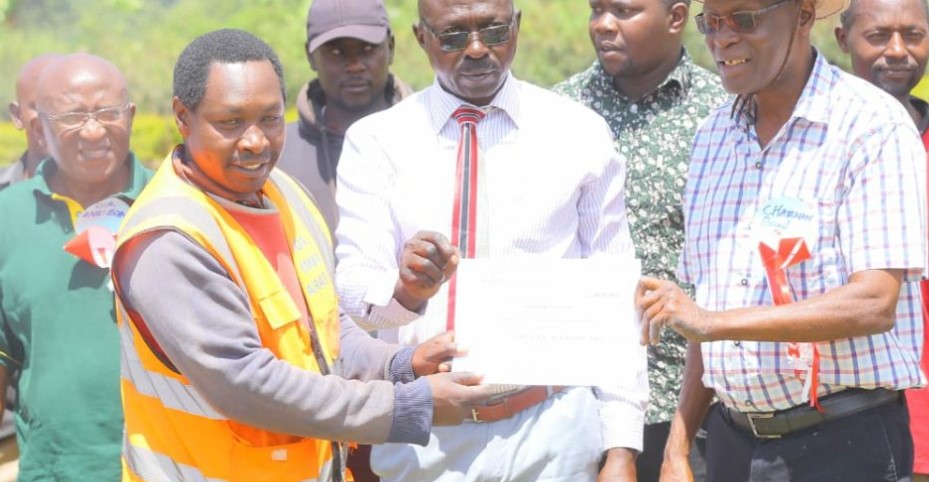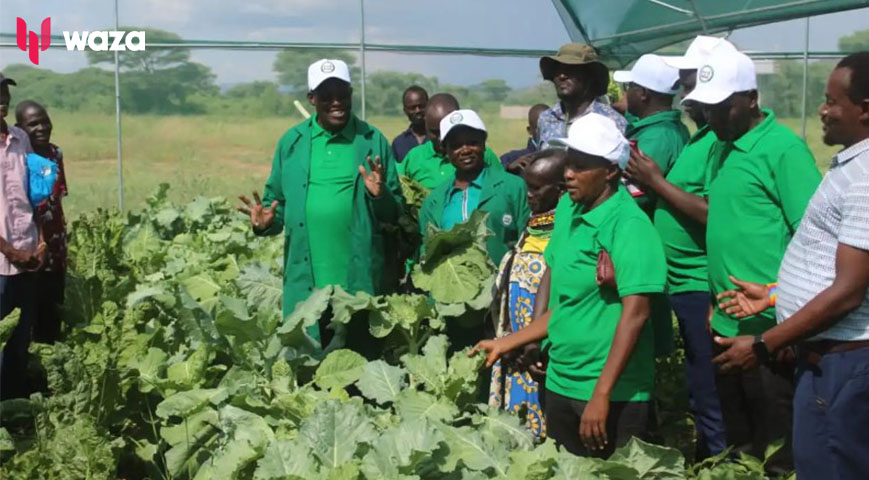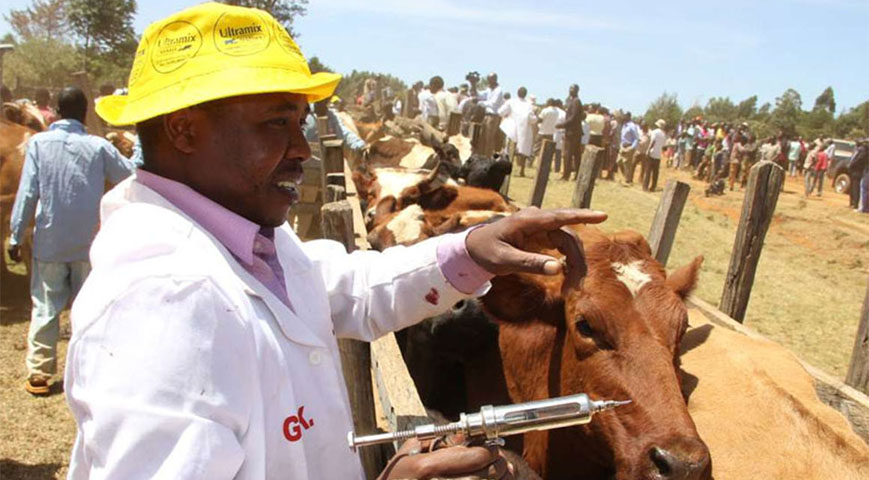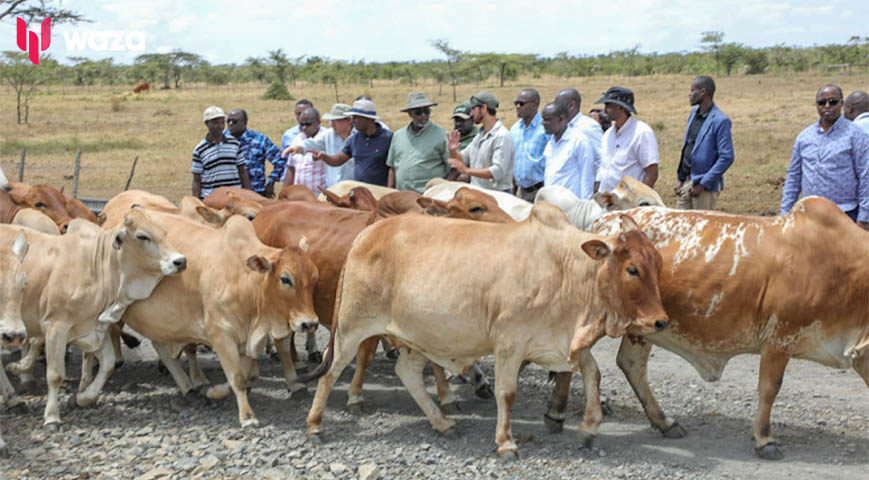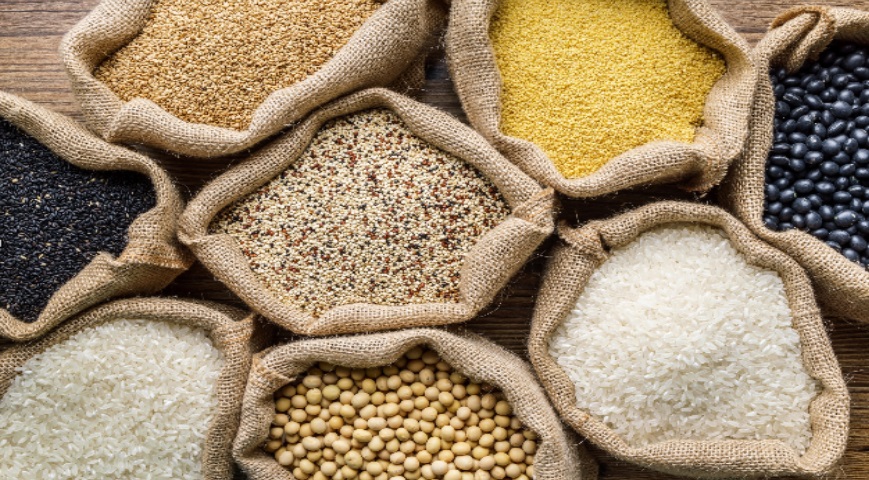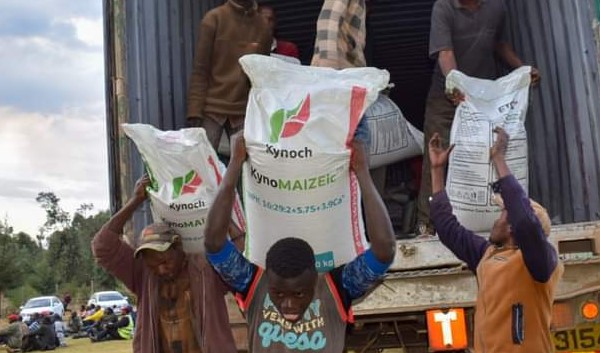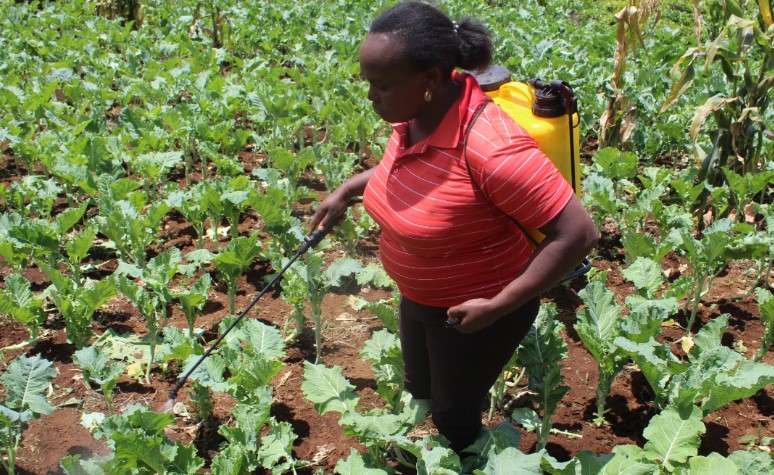480 tea farmers from Nyamache Sub County, Kisii County have received a grant of Kes1.5 million from the KTDA Foundation in partnership with Unilever company to scale up business in the area.
The 480 farmers have active income-generating activities and have undergone training on social dynamics, financial literacy and entrepreneurship.
They were farmers drawn from 16 groups within the Nyamache tea factory.
Head of KTDA Foundation Sudi Matara, said they are engaging the tea farmers using the value addition chain approach where they support them from the production to the market levels.
Did you read this?
Speaking during the launch of the fund, Mr Matara noted that 90 per cent of the tea farmers own 0.5 acres meaning the income they get is not sufficient to cater for their social and economic needs hence the need to empower them.
Further, Matara pointed out that the grant will not only empower the tea farmers economically but also provide them with a stepping stone to take their businesses to the next level as opposed to solely relying on tea farming alone.
He pointed out that this grant is a component of the comprehensive programme for the economic and social empowerment of women, which aims to raise the standard of living for at least one million small-scale tea growers, their families, and tea pickers.
The chairman of the KTDA foundation board, Mr Michael Ngatia, stated that as part of the sustainability plan for the local enterprises, they will keep offering technical assistance to the organisations and diversify the projects inside the tea factories.
The project is also anticipated to inspire other tea producers to start exploring business opportunities outside of tea production and to support one another.
The KTDA Foundation has so far contributed over Kes50 million to various empowerment initiatives across the nation by educating over 200,000 farmers about financial literacy and involving over 30,000 people.
Dr Kenyoru said they will continue working with the Foundation to empower more tea farmers since most of them have very small farms and the income they generate from the sales of tea is very low.

